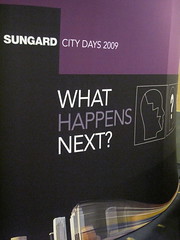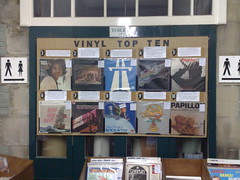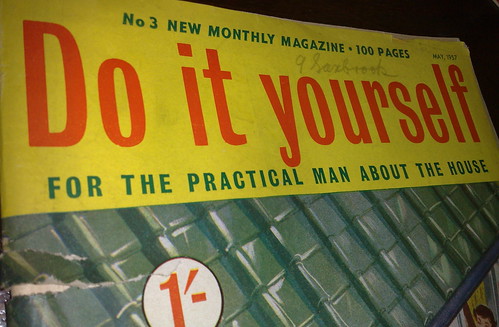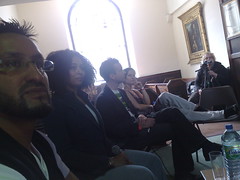 I’ve run across a few situations recently where people have been limiting the amount of their music that can be heard online. So here’s a few thoughts about free streaming music, and the business model involved:
I’ve run across a few situations recently where people have been limiting the amount of their music that can be heard online. So here’s a few thoughts about free streaming music, and the business model involved:
Most of the research I’ve seen – as well as the conversations I’ve had – tell us that a reasonable percentage of people still buy CDs. They still want music on CD, and are going to buy the music they like.
Nothing that I’ve seen or heard tells me that music fans will pay money for a CD in order to hear music they’re restricted from hearing online – just so they can find out if it’s good or not – or that people who buy CDs are happy to sit and click ‘play’ over and over again on last.fm instead of buying music… Continue reading “Promotion Is A Numbers Game (Get Heard!)”


 I have a friend who works in Marketing for
I have a friend who works in Marketing for 





